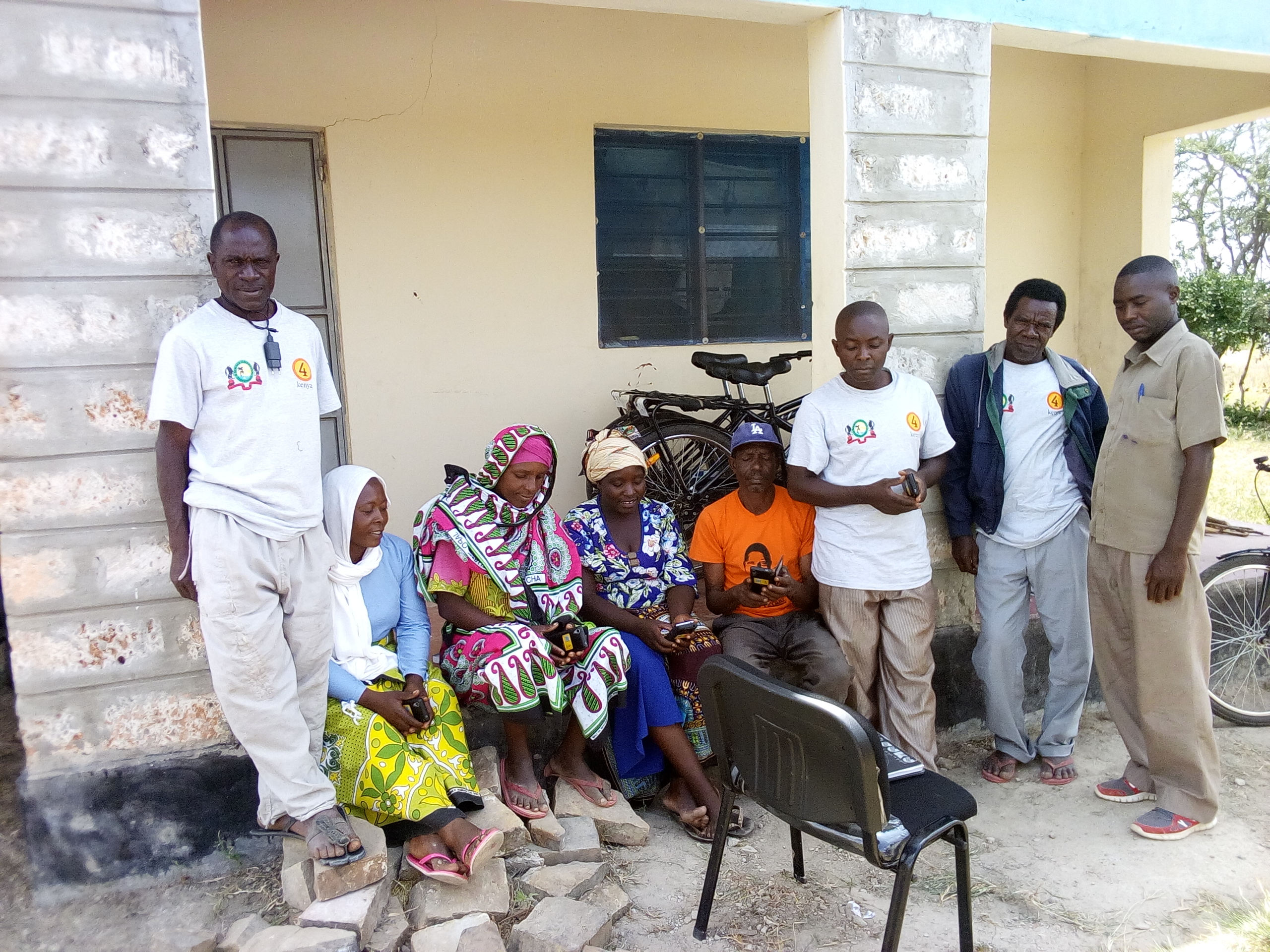Kwale Kenya - Supporting the Community Health Strategy with improved health information systems
Discussion details
The main focus of activities until the end of 2017 has been the completion of developing the 12 Community Health Units and establishing the DHIS2 tracker in each of these units. The project is just about finishing this now and is beginning to analyze the data coming in from the units.
They have had some challenges, including the use of smart phones in the community and the ability of some of the Community Health Volunteers (CHV’s) to effectively use the software they designed for the tracker. However, all in all, considering many factors, things are moving quite well. Data is being collected and uploaded to the server they have created. The project established a system where when CHV’s take their existing logbooks to the Public Health Officers we have the ability to upload the data using internet hotspots. Some facilities have challenges with access to power and charging the phones which we are also looking how to improve.

The project is working in the situation where the National Community Health Strategy of Kenya is seeking to establish Community Health Units (CHU’s) throughout the country, where Community Health Volunteers (CHV’s) are trained to take health data in the field, which is ideally uploaded into the national DHIS2 system. However, the logistics of establishing the units, of supporting CHV’s and collecting accurate data which can be efficiently uploaded requires a level of personnel not currently available in the county. Therefore, some data is not adequately collected and the delay in uploading data means that the information can be somewhat out of date by the time it is accessible on the DHIS2 system.
As Kenya is attempting to further develop its DHIS2 system and general E-Health capacity, the collection of data at both the facility and community level needs more focus and attention. As in many countries that use DHIS2, data can often be uploaded at a facility or local hospital at a ward or sub-county level, but the information is only accessed and analyzed at a national level and where the potential of using the DHIS2 system is not being fully realized. The challenges include a lack of training and understanding of the DHIS2 system at all levels of the health system, a lack of infrastructure to input data in a digital format and a lack of personnel to work on data collection and uploading into the system. Also, Kwale County is quite advanced in its development of the national Community Health Strategy with over 90 Community units having been trained, but the sustainability of these units can be a challenge.

Therefore the collaboration between the local government and NGO’s becomes important as we develop the Community Health Strategy and especially in the development of more effective digital health data systems. In Kwale, there are other organizations, including GIZ from Germany involved in the training and implementation of DHIS2 as part of a broader health information system development in the whole country and we are now looking to work with other supporting partners to develop more effective systems at both community and facility level of data collection and analysis.
Within their institution, they are just enrolling up to 90 students in both our certificate programmes in Nutrition and Community Health. They will join existing programmes in our diploma nutrition and homeopathic medicine as well as existing Community Health students. The project is also actively looking at starting a diploma program in Community Health and Development, looking to link the developing need for Community Health Workers within the national health system.
The Kenya Nutrition and Dietetics Institute, which is the national regulatory body for nutrition in Kenya recently came to our institution to give us final accreditation and has given us 6 Nutrition graduates to support their internship. They will be going out into the field with our homeopathic outreach clinics, offering nutritional support in the community as well as performing other duties both in the field and in the school.

Log in with your EU Login account to post or comment on the platform.